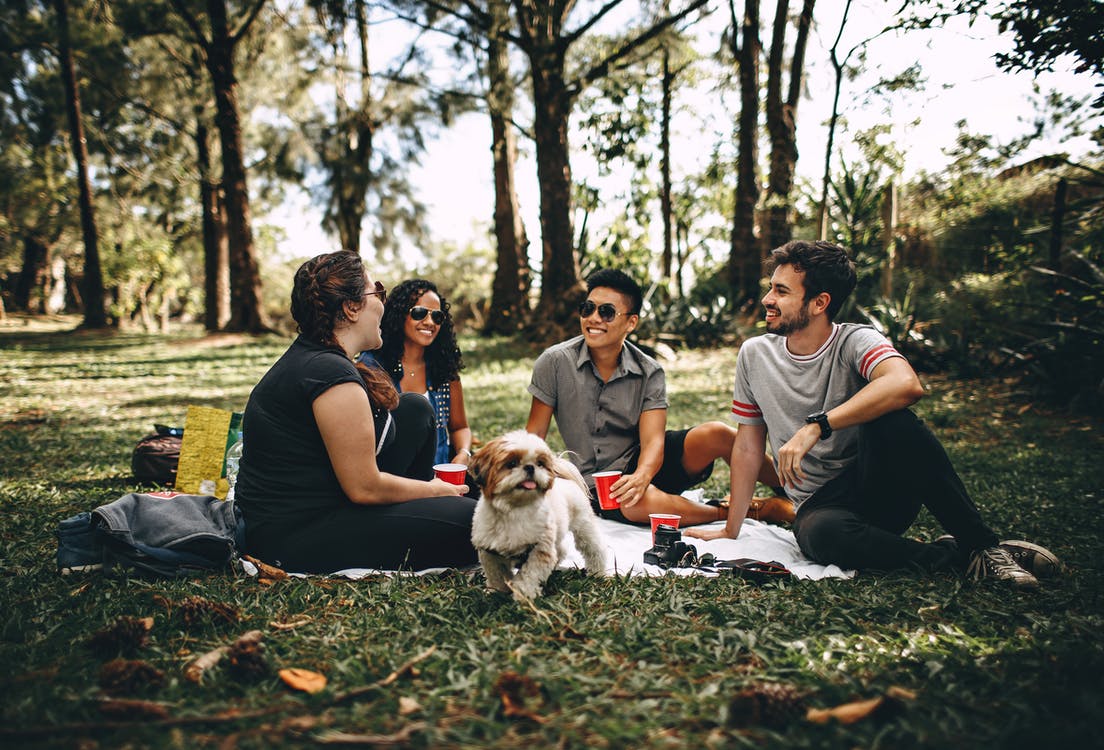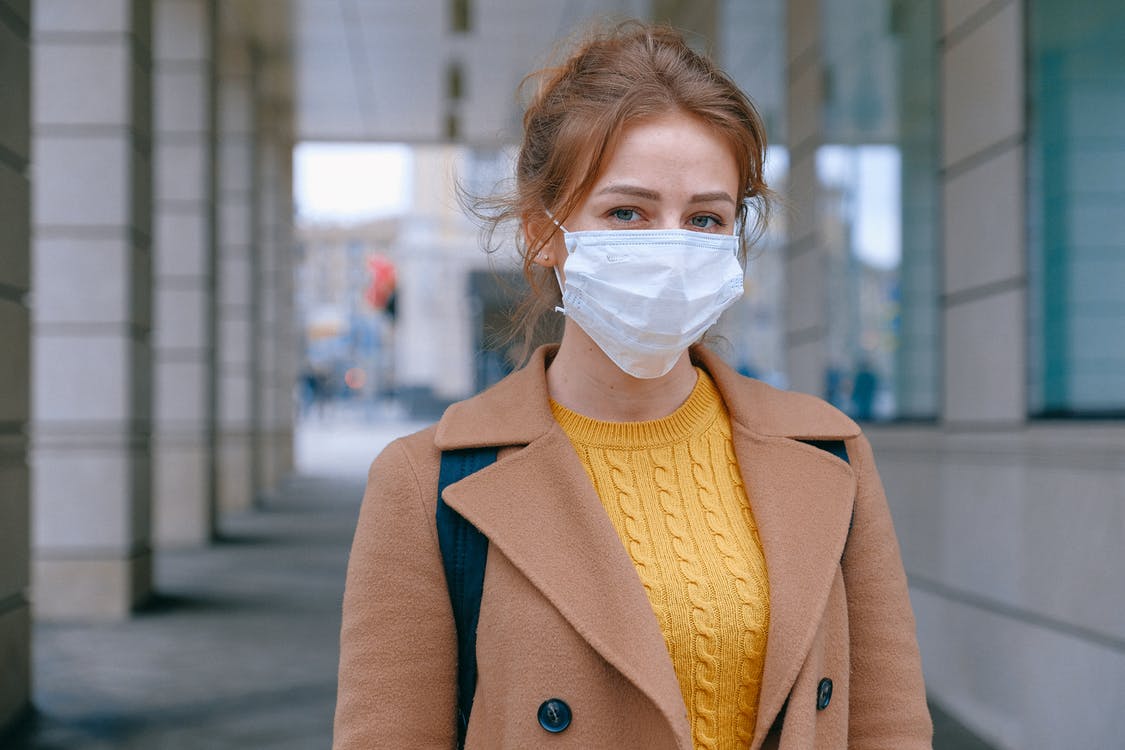Improve your Speaking online Episode 10, Introduction:
This week we bring new current topics in Episode 10 so you can improve your online speaking from home.
Topic 1: APTIS B2 speaking test model📝
This week, Dilo presents an APTIS B2 speaking test model.
Let´s go!
Speaking part 1
In this part you will answer 3 questions about personal topics (30 seconds for each question)
- How do you balance your personal and professional life?
- What does your daily routine look like?
- Does listening to music affect you, and how?
Speaking part 2
Describe a photo and answer 2 questions related to the photo (45 seconds for each answer, including the description of the photo).

- Can you describe the picture?
- What do you like doing in your free time?
- When was the last time you did something for the first time?
Speaking part 3
In this part, you will have to compare 2 pictures and answer 2 questions about them. You will have 45 seconds for each response.


- What do you see in these pictures?
- What do you use laptop for?
- How long do you use your laptop in a day?
Speaking part 4
In this part, you again need to answer three questions related to a picture but this time you answer them all in one response. You have one minute to prepare a structured response and two minutes to talk.

- When was the last time you celebrated your birthday or a goal you were able to achieve?
- What do you like the most about celebrations?
- How do you prefer to celebrate your birthday?
Topic 2: Business 💼
How Apple and Nike have branded your brain.
Powerful branding can not only change how you feel about a company, it can actually change how your brain is wired.

We will focus the conversation on the following questions:
- How do you feel after watching the video? Do you agree?
- Can you give an example of any other brand(s) which uses the same technic?
- What brands make you feel good? Why?
- Are you an impulse shopper or do you think twice before buying anything?
- Has your perspective towards brands changed after watching this video?
Here we leave you some vocabulary you can use during the talk:
- Acetaminophen: an analgesic drug used to relieve mild or chronic pain and to reduce fever; paracetamol.
- Go out of one’s way: make a special effort to do something.
- Identity: the fact of being who or what a person or thing is.
- Brand loyalty: the tendency of some consumers to continue buying the same brand of goods rather than competing brands.
- Underdog: a person or group of people with less power, money, etc. than the rest of society.
- MRI machine: Magnetic resonance imaging (MRI) of the body uses a powerful magnetic field, radio waves and a computer to produce detailed pictures of the inside of your body.
- Kicker: an unexpected and unwelcome discovery or turn of events.
- Self-expressive: the expression or assertion of one’s own personality, as in conversation, behaviour, poetry, or painting.
Topic 3: COVID 💉
EU removes travel restrictions for vaccinated travellers.
Europe suggests that people with Covid passports be allowed to travel freely across Member states.

Article
From now on, the vaccination certificate will be valid for nine months unless the holder receives a booster dose, in which case it will be extended indefinitely. Therefore, travellers with an EU Covid passport that certifies their complete vaccination schedule, their recent recovery from the disease or a negative test prior to travel will be able to move freely between the 27 member countries.
The EU’s General Affairs ministers have given their approval to the changes that will come into force on February 1, although they are still recommendations and not binding laws; Member States retain the right to control their borders how they wish, and so individual countries are under no obligation to adopt the new rules.
However, the EC has taken the opportunity to encourage all countries to remove additional restrictions in light of the global spread of the Omicron variant, warning that harsher measures are no longer justified or practical.
“We as all member states to quickly apply the common rules to ensure coordination and clarity for our citizens and travellers,” Justice Commissioner Didier Reynders said, appealing for “compliance without delay” with the revised recommendations.
We will focus the conversation on the following questions:
- What’s your opinion on this decision? Do you agree?
- Have you ever used your COVID passport/certificate? When?
- What do you think about the spanish measures in response to COVID situation?
- In your opinion, when will this pandemic time and its restrictions end? Why?
- How has the COVID era changed your life?
Here we leave you some vocabulary you can use during the talk:
- COVID passport: a physical or digital document providing proof of vaccination against COVID.
- Abolish: formally put an end to (a system, practice, or institution).
- Holder: someone who officially owns something.
- Booster: something that improves or increases something or makes it stronger.
- Binding law: a binding promise, agreement, or decision must be obeyed or carried out.
- Harsh: unpleasant, unkind, cruel, or more severe than is necessary.
- Delay: a period of time by which something is late or postponed.
- Toe the line: to conform to a rule or standard, or to stand poised at the starting line in a footrace.
Topic 4: Constructions 🔧
We’re using our streets all wrong.
The rise of the private automobile in American life and culture has dramatically changed how cities were designed, John Frazer, a mobility futurist, wrote for Forbes.

We will focus the conversation on the following questions:
- What do you think about the point of view of the video? Do you agree?
- How would you solve the problem of the space that pedestrians have nowadays?
- What spaces would you create for pedestrians in public streets or open spaces?
- Can you tell us what cities do you like due to their streets and open spaces? Why?
- Do you think the pandemic has forced us to change how we use our public spaces? Can you give an example?
Here we leave you some vocabulary you can use during the talk:
- Cram: completely fill (a place or container) to the point of overflowing.
- Public realm: the publicly-owned street rights-of-way and other publicly accessible open spaces such as parks, squares, plazas, courtyards, and alleys.
- Humane: showing kindness, care, and sympathy towards others, especially those who are suffering.
- Pedestrian: a person who is walking, especially in an area where vehicles go.
- Pedestrian: a person who is walking, especially in an area where vehicles go.
- Sidewalk (US) – Pavement (UK): a paved path for pedestrians at the side of a road.
- Serendipity: the occurrence and development of events by chance in a happy or beneficial way.
- The streets are paved with gold: it is easy to become successful or prosperous in this place.
Topic 5: Languages 💬
Inventing languages.
Learn about how languages get invented.

We will focus the conversation on the following questions:
- Do you think it is possible for a human to create a new language from zero? Why or why not?
- Do you know any other movie or TV show which created a new language? Which one(s)?
- In your opinion, is it possible to create a universal language in order to communicate with each other no matter where you come from? Why?
- What words might be added to any living language nowadays? Can you give any example(s)?
- Do you know the roots of any European language? Can you name them?
Here we leave you some vocabulary you can use during the talk:
- Living language: a language that is still being used and spoken by people.
- Klingon: the constructed language spoken by a fictional alien race, the Klingons, in the Star Trek universe.
- The Dothraki language: spoken by the Dothraki, a nomadic people in the TV show Game of Thrones.
- Made-up language: a language that has been made by a person or small group, instead of being formed naturally as part of a culture.
- Esperanto: an invented language that consists of parts of several European languages, and which was designed to help people from different countries communicate with each other.
- Root: the basic cause, source, or origin of something.
- Outer space: the physical universe beyond the earth’s atmosphere.
- It’s all Greek to me: something that is not understandable.
Topic 6: Free topic
Do you find these topics boring or uninteresting? Don’t worry. Dilo gives you the opportunity to choose your own topic for a conversation class.
Think of some vocabulary you would like to learn related to your topic and send us some information about it with the subject «Free topic». We are sure your ideas will be very good 😁
